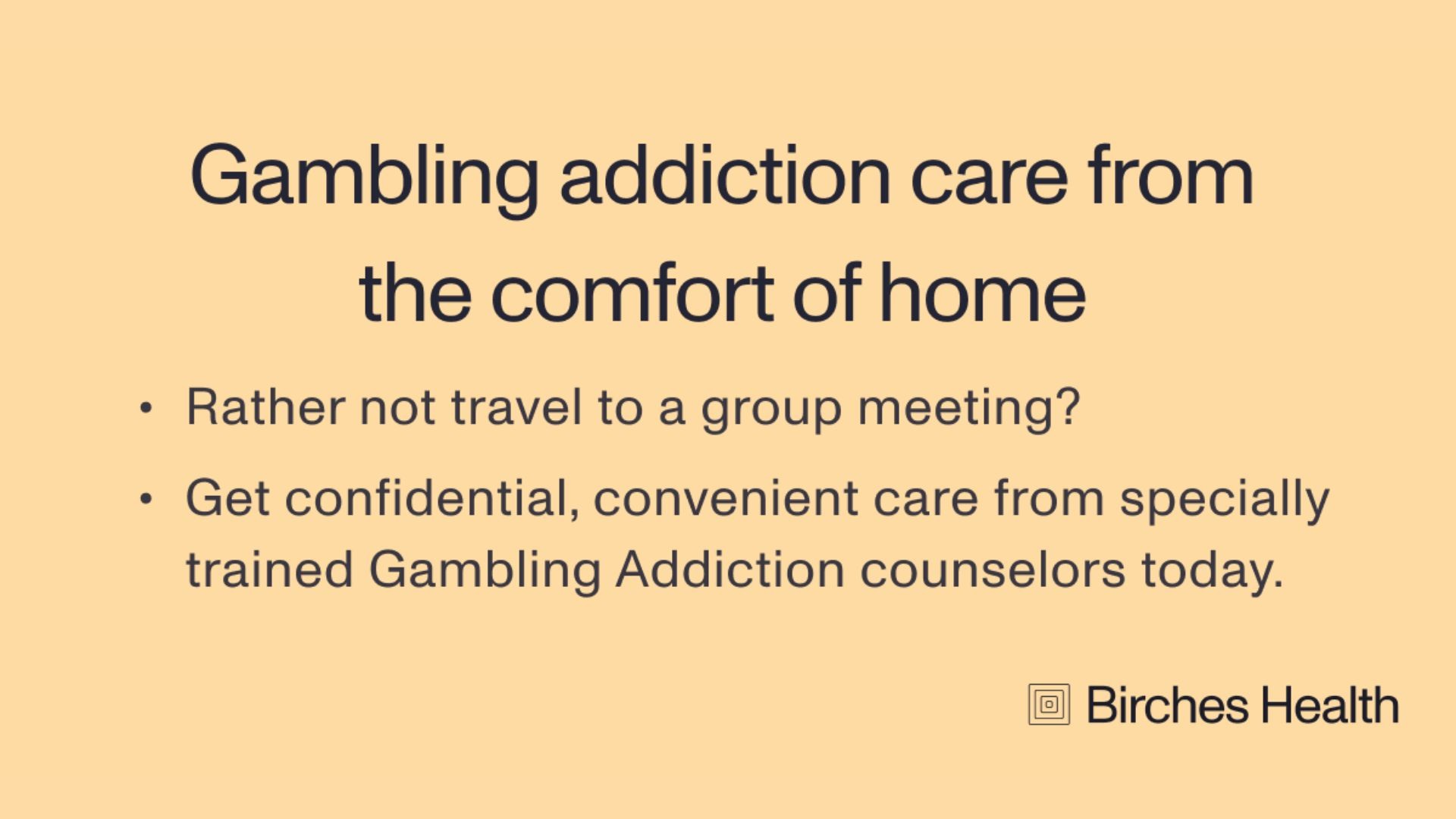The Psychology and Risks of Watching Gambling Livestreams
Published:
Nov 24, 2025
,
07:11 p.m.
ET
A growing share of online entertainment now comes from people livestreaming gambling activities. Across platforms like Twitch and Kick, viewers tune in to watch influencers spin slots, play table games, place sports wagers and react in real time to massive wins and devastating losses. Millions participate nightly, cheering in the chat and encouraging “one more spin.”
These livestreams often operate in a ”gray zone” between content and advertising, and the psychological mechanics behind them can fuel cravings and act as gateways to real-money gambling addiction.
What are gambling livestreams? Are they popular? Legal?
Gambling livestreams show content creators wagering real (but sometimes promotional, provided by the sponsor) money in real time while a digital community watches. Viewers respond in chat, celebrate wins and encourage (sometimes pressure) the streamer to keep gambling. Slots and casino-style games dominate, but sports betting streams are also growing rapidly.
Content creators understand that to amass and maintain a sizable following, frequent interaction with “chat” is required. To commit to deeper interaction and make their followers feel part of the action, streamers will display the chat’s comments on screen, allowing those interacting to be seen by everyone viewing, and have a chance for the content creator to respond directly to their comments.
A serious problem is that on a gambling livestream, featuring raw reactions and visible stakes, an interactive chat brings social reinforcement with every bet, and viewers can form one-sided emotional bonds with the content creator.
Additionally, the streams almost always include promotion of gambling platforms with mentions, on-screen graphics, special bonuses and content integrations, which can inspire thousands of followers to take part on their own by joining.
In many cases, these gambling operator sites being promoted are not legal or regulated in the locations where many viewers live. Whether they’re crypto casinos like Stake or sweepstakes-based platforms, they are not legal in the U.S. Many have been shut down by individual states in America, but still are accessible in others.
The unregulated gambling sites often do not have player-protection features in place, so streamers may be pointing some members of their audience down a path toward gambling addiction.
While precise U.S. usage data is limited, on the platform Kick, one of its primary hosts rings in millions of nightly viewers, and he says roughly 60% of the audience is 18 to 34-year-olds. Many began on Twitch, which later introduced restrictions on crypto gambling. But the content simply migrated to Kick and other less regulated venues.
Dangers and addiction risks of gambling livestreams
Young adults describe these streams as a way to feel the thrill of gambling without spending money, until the opposite happens. Researchers call this the “urge paradox,” watching gambling to reduce urges may actually intensify them. Why?
The mechanics mimic the casino environment
The brain releases dopamine even if only viewing - without participating actively - due to rapid stimuli, flashing graphics and the same unpredictability of wins and losses.
Community reinforces risk
Group excitement can normalize chasing losses and high-stakes betting. Peer pressure and “group think” in these settings is very common.
Streamers as role models
Large losses by influencers may appear less notable and concerning when big-money sponsors are backing the funds, which creates a misleading and unrealistic setting for impressionable young viewers.
Parasocial trust leads to harmful decisions
Viewers feel connected to streamers, who don’t know they exist, yet may appear to feel persuaded by them.
Youth exposure is hard to prevent
Age verification on livestreaming platforms is often just a self-reported checkbox. They do very little to stop young viewers who are often more prone to risky decision-making.
Streaming platforms crack down on gambling streams
Some platforms have attempted to limit harm. In 2022, Twitch restricted gambling livestreams involving unlicensed crypto gambling operations like Stake.com. Now they must explicitly acknowledge consumer risk.
The move followed high-profile streamer scandals, including cases where influencers borrowed or scammed thousands from fans to support hidden gambling addictions.
Despite these restrictions, sports betting streams remain allowed, links and indirect promotion continue and gambling content has rapidly migrated to platforms with looser rules, such as Kick.
Gambling addiction support in the United States
Gambling livestreams normalize high-risk gambling behaviors, creating constant triggers for people either in recovery or at risk of gambling problems. They can also introduce gambling to younger audiences and promote dangerous environments where harm is dismissed as fun.
In the United States, as legal online betting grows, livestreams may accelerate Gambling Disorder among a new generation, and do so under the appearance of community and digital culture. Public health organizations increasingly see streaming as a powerful form of gambling marketing, one that has the power to bypass advertising rules and embed itself directly into daily habits in dangerous ways.
Confidential support for Gambling Addiction in the United States
If you or someone you care about is experiencing urges, stress, debt, difficulty controlling gambling or emotional withdrawal when trying to stop, specialized support is available.
Birches Health provides evidence-based care from licensed clinicians, virtual access nationwide and treatment tailored to real-life pressures including sports, performance culture or financial stress.
To speak with a clinician or learn more:
Book an appointment with Birches Health
Call 833-483-3838
Email help@bircheshealth.com

Holiday stress becoming too much? Here are some expert tips




